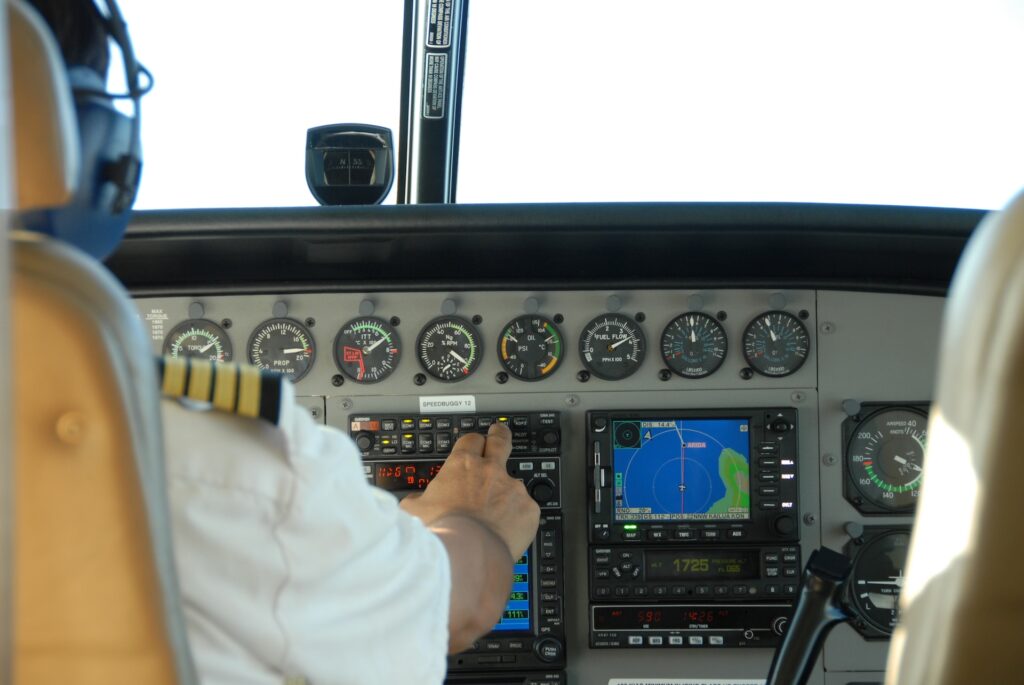Air travel has become an integral part of our lives, connecting us to different parts of the world within a matter of hours. However, the rise in air traffic has also contributed significantly to climate change. The aviation industry is responsible for around 2.5% of global carbon dioxide emissions, and its impact on the environment is projected to grow in the coming years. As Malaysians, we need to explore sustainable alternatives to air travel to reduce our carbon footprint and contribute to a more sustainable future with http://www.altusmalaysia.com.
What is the impact of air traffic on climate change?
Air travel contributes to climate change in several ways. One of the significant contributors to greenhouse gas emissions is carbon dioxide (CO2), which is produced when aircraft burn fuel. According to the International Civil Aviation Organization (ICAO), aviation accounts for 2% of global CO2 emissions, and this is projected to triple by 2050 if nothing is done to reduce it.
Besides, aviation emissions also contribute to other climate change impacts, such as ozone depletion and the formation of contrails and cirrus clouds. These effects can lead to an increase in global temperatures and have a significant impact on our climate.

How can Malaysians explore sustainable alternatives to air travel?
One of the ways Malaysians can reduce their carbon footprint is by exploring sustainable alternatives to air travel. Some of the sustainable alternatives include:
- Train travel: Train travel is an excellent alternative to air travel, especially for shorter distances. Trains emit fewer greenhouse gases than airplanes, and the infrastructure is already in place in many parts of Malaysia.
- Bus travel: Bus travel is another sustainable alternative to air travel, especially for shorter distances. Buses are a popular mode of transport in Malaysia and offer a cost-effective and environmentally friendly option.
- Carpooling: Carpooling is a great way to reduce the number of cars on the road and, in turn, reduce carbon emissions. Malaysians can use carpooling services or create their carpool groups with friends and family.
- Virtual meetings: With the rise of technology, virtual meetings have become increasingly popular. Malaysians can explore virtual meetings instead of traveling for business or leisure.
The Advantages of Sustainable Alternatives
Besides reducing our carbon footprint, exploring sustainable alternatives to air travel has several advantages for Malaysians. These include:
- Cost-effective: Sustainable alternatives such as train travel and bus travel are often more cost-effective than air travel, especially for shorter distances.
- Time-efficient: Sustainable alternatives such as train travel and bus travel can often be more time-efficient, especially for shorter distances. There is no need to go through lengthy security checks or wait for baggage.
- Supporting local businesses: Exploring sustainable alternatives such as bus travel and carpooling can support local businesses and help boost the local economy.
Conclusion
The impact of air traffic on climate change cannot be ignored, and it is essential for Malaysians to explore sustainable alternatives to air travel. By using sustainable alternatives such as train travel, bus travel, carpooling, and virtual meetings, we can reduce our carbon footprint and contribute to a more sustainable future. These sustainable alternatives not only help reduce our impact on the environment but also offer several advantages for Malaysians, such as cost-effectiveness, time efficiency, and supporting local businesses. As responsible citizens, let us do our part in preserving the planet for future generations.
